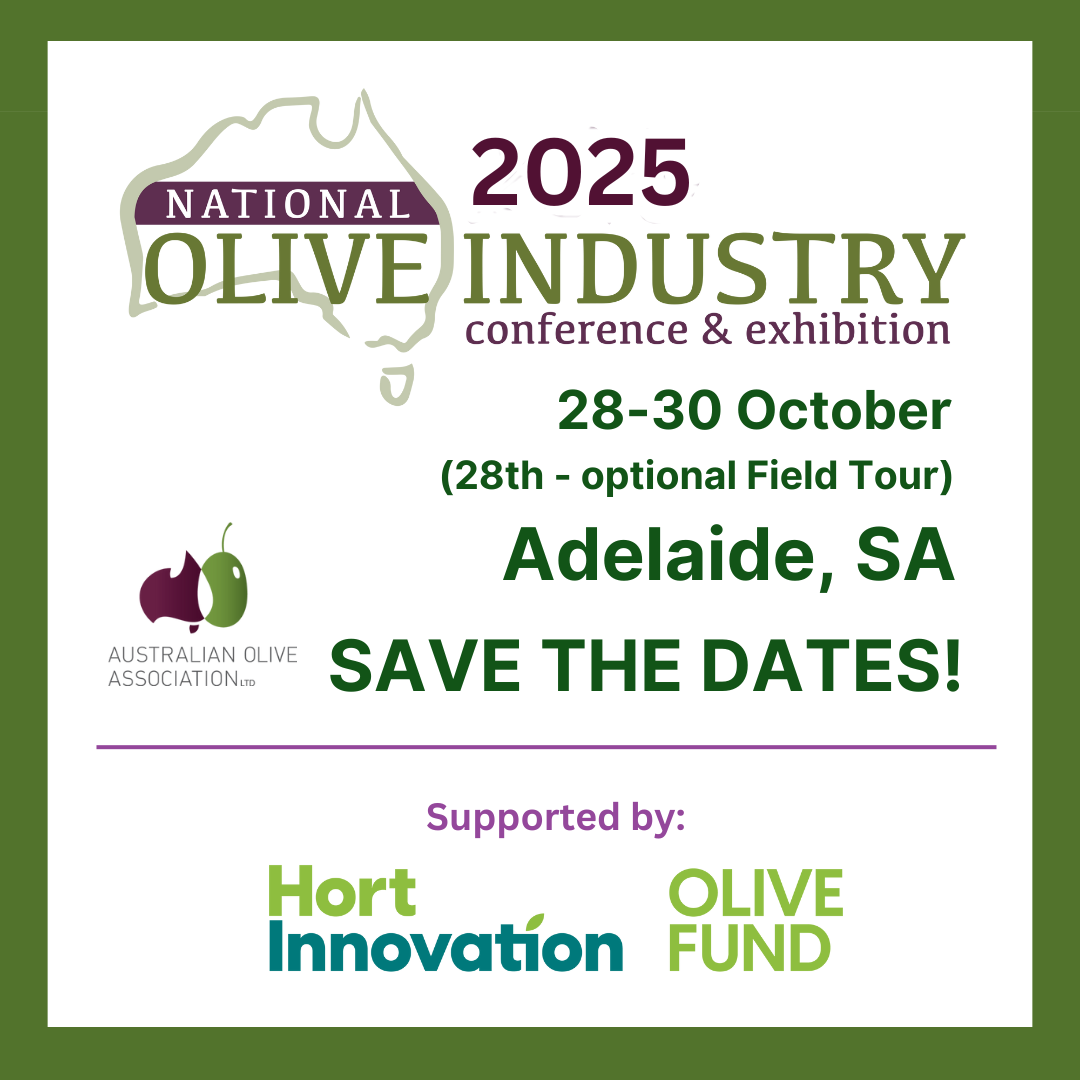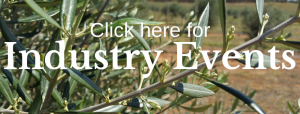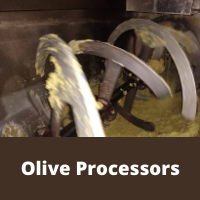
Hort Innovation has partnered with the Churchill Trust to develop tomorrow’s industry leaders by offering specific Hort Innovation Churchill Fellowships for international research on a topic related to horticulture.
Topics must provide clear benefit to the Australian horticulture sector and, ultimately, to the wider community; and be transformational in nature for the horticulture industry in general. For projects that are specific to a particular horticultural industry, the applicant must be from a registered levy-paying Australian horticulture business in that industry.
Churchill Fellowships fund Australians from all walks of life so they can travel overseas and investigate an issue or topic they are passionate about. No formal qualifications are required to apply – in fact you don’t even need to have finished school. Design your own itinerary and travel at time of your choosing. The options are virtually limitless, providing your project will benefit Australia and you are willing to share your findings when you return.
These Fellowships are joint-funded with the Winston Churchill Memorial Trust using Hort Innovation’s Leadership Fund, as part of its strategic co-investment initiative. These funds comprise a number of strategic long-term research and development programs that use a combination of government funding and partner investments, and endeavour to address major challenges in key areas identified as crucial to securing the future of Australian horticulture industries.
Past recipients include:
- Food scientist and entrepreneur Belinda Hazell (2018) who travelled to New Zealand, the United Kingdom, Ireland and the Netherlands to investigate the use of horticultural quality assurance standards to stay ahead of social license demands;
- Queensland frozen berry producer Stuart McGruddy (2020) who used his Fellowship to travel to the USA, France, Chile and Serbia to explore the knowledge, experience and technology used in freezing whole soft berry fruits;
- Tasmanian beekeeper Anita Long (2020) who investigated development programs for young beekeepers that are scalable to an Australian context;
- Farmer and Horticulture Lead at Stop Food Waste Australia, Melissa Smith (2023), who is exploring approaches to reduce on-farm food waste in horticulture, visiting Kenya, the UK and USA; and
- South Australian commercial rose grower Kim Syrus (2023), who is researching the propagation and growing of cutting-grown roses verses traditional budded types, in Europe and the USA.
The 2024 application round is now open and closes on 1 May. Find out more here.



